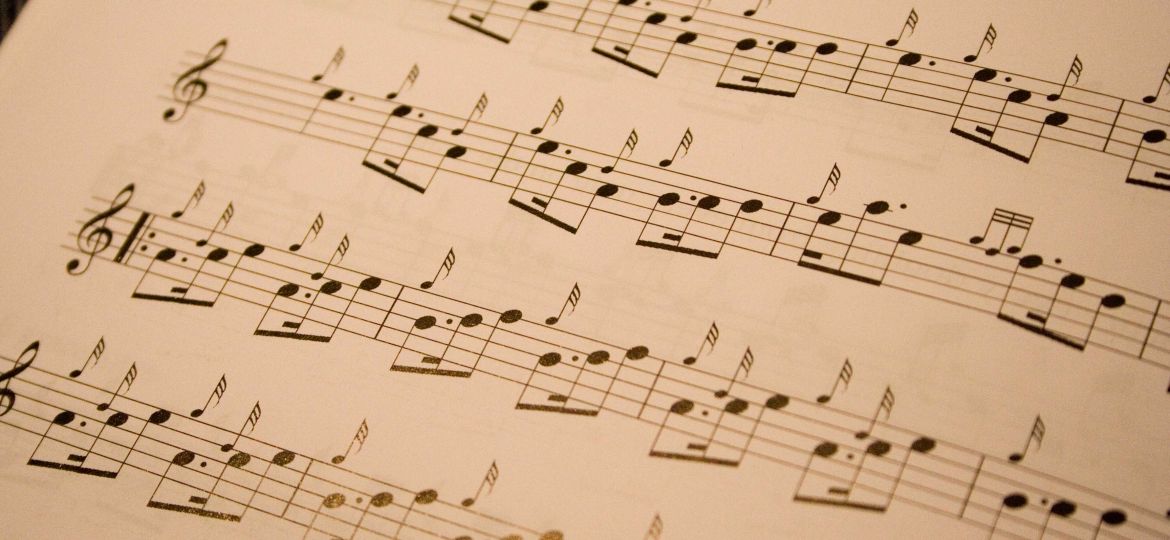
Ever wonder what goes on inside your brain while you listen to music? Ever wonder how that might be affected by brain damage? Dr. Amy Belfi ’10 answered both of these questions and more during her lecture, “Your Brain on Music: Exploring the Relationships Between Music and Diverse Cognitive Function,” on Monday, March 7. Belfi’s concisely packaged lecture illuminated the deeper realities behind how cognitive damage can affect how people listen to and understand music.
She began her lecture with a personal example, relaying her time in the St. Olaf Cantorei choir during Christmasfest. The specific memories she has attached to this period are intrinsically linked to the songs she sang during that year’s performances.
She discussed how when she hears these songs she remembers very small details such as smells, textures and emotions. The way that music is so closely linked to memory is similar to the bond that smell and memory have, in the way that when you experience them you can become overwhelmed with nostalgia.
Belfi divided her lecture up into three sections, the first of which discussed language specifically related to names of musical pieces. According to Belfi, damage to the left temporal lobe of the brain can render you incapable of naming things, though you will still be able to recognize them.
To exemplify her point, Belfi did a case study during which she presented 15 test subjects, 10 of which with left temporal lobe damage, with 52 popular melodies. She then asked them if they recognized the tunes and if they could identify them. Though the subjects with damage to the left temporal lobe could recognize a typical number of the songs, they scored significantly lower than the other subjects in identification. She ran the same test with identification of musical instruments, finding similar results.
The second segment of the lecture was primarily concerned with memory and how it is evoked through music. Belfi completed another study testing her theory that music-evoked memories are more vivid than memories from other cues. She specifically curated music that her subjects would have heard during the time they were 15-30 years old. This is the primary age period of people’s lives from which memories can be evoked. While playing the music for her subjects, she transcribed their corresponding memories.
Through this study, Belfi determined that music-evoked memories are in fact more internal, or emotional, and that the medial prefrontal cortex is necessary for music-evoked autobiographical memories.
The third segment of Belfi’s lecutre focused on emotion, and I found it to be the most interesting part. As could be expected, brain damage can often result in an impaired emotional response to music.
This impairment is often exhibited through the disorder called “music anhedonia,” which means overall loss in pleasure through listening to music. Though music anhedonia exists, it is extremely rare according to Belfi. The rarity of it may in fact suggest the use of music in therapeutic sessions for people with brain damage. Even if someone has brain damage in any region, they almost always can garner a lot of pleasure through listening to music regardless.
Belfi’s lecture was thoroughly fascinating and understandable to a wide audience, even science laypeople such as myself. She illustrated many enlightening topics of the relationship between your brain and music, as well as the possibility of becoming a successful adult with a bright future after graduating from St. Olaf College.
mcguffin@stolaf.edu

